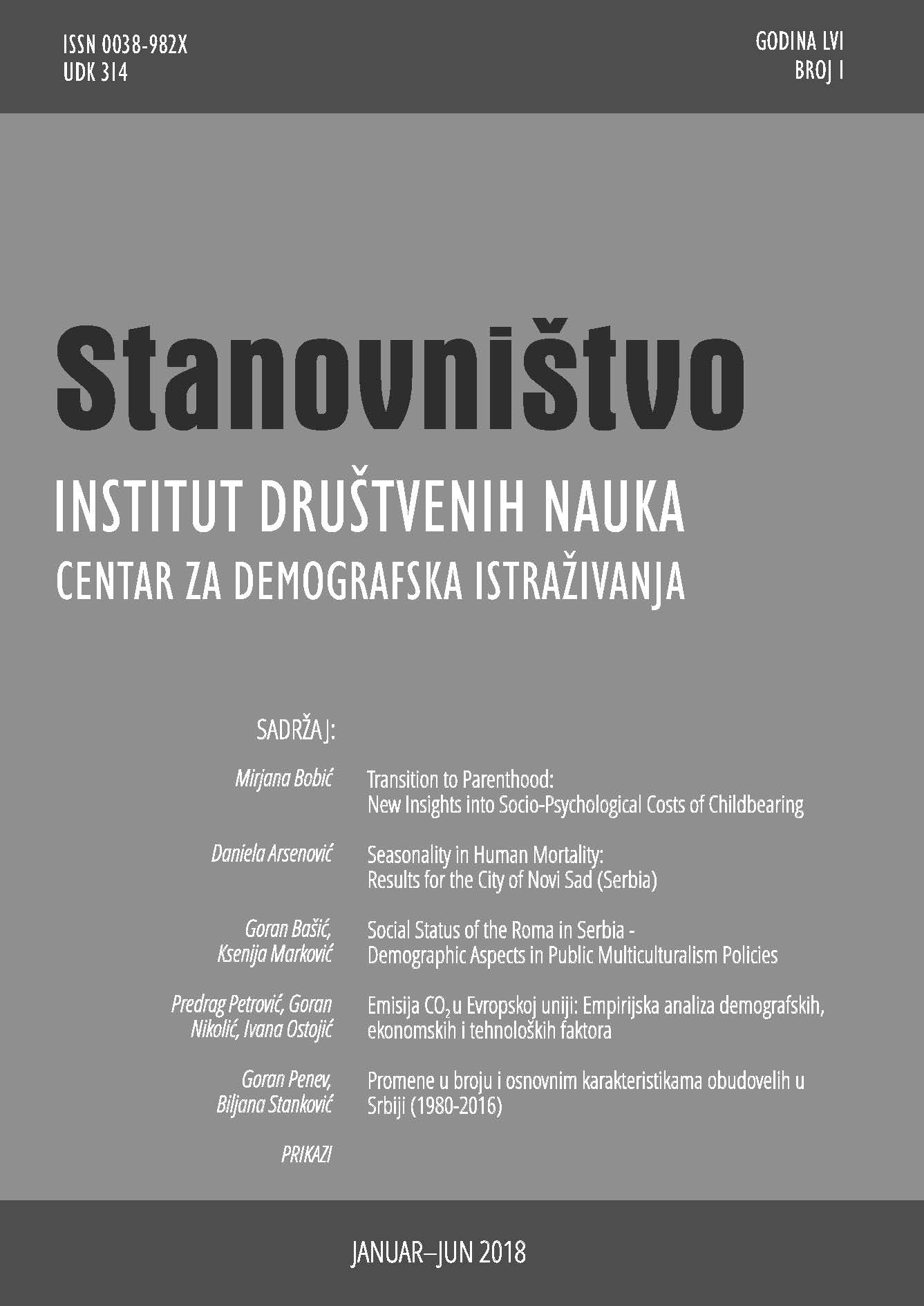Social Status of the Roma in Serbia – Demographic Aspects in Public Multiculturalism Policies
Social Status of the Roma in Serbia – Demographic Aspects in Public Multiculturalism Policies
Author(s): Goran Bašić, Ksenija MarkovićSubject(s): Social differentiation, Ethnic Minorities Studies, Politics and Identity, Identity of Collectives
Published by: Институт друштвених наука
Keywords: multiculturalism; national minorities; identity; Roma; public policies
Summary/Abstract: Multiculturalism policy in Serbia is an example of compromises made by monoculturalists between the issues surpassing the conservative paradigm of tolerance for ethnic and cul-tural differences and the normative protection of their identities. An unsystematised ap-proach to shaping multiculturalism policy led to disregard or misinterpretation of demo-graphic factors. Through the examples of how the rights to ethnic and cultural identities are obstructed for the Bosniak population in Priboj and Aromanians in Serbia, and the analysis of problems stemming from the centralist organisation of minority self-governments, the paper points to the weaknesses of the current multiculturalism policy and the need for introducing demographic criteria for it to be brought into line with the nature of multiethnicity in the country. The paper points to the issues and difficulties arising from this for the Roma national minority in the realisation of their rights. Despite of being a large national minority, its members are not able to enjoy full cultural autonomy because the realisation of rights is not in line with the demographic characteristics of the Roma. A reform of the multiculturalism policy would remove the existing obstacles and enable effective protection of ethnic, cultural and linguistic identities of minorities.
Journal: Stanovništvo
- Issue Year: 56/2018
- Issue No: 1
- Page Range: 43-61
- Page Count: 19
- Language: English

